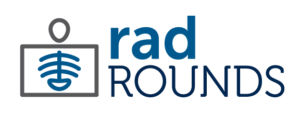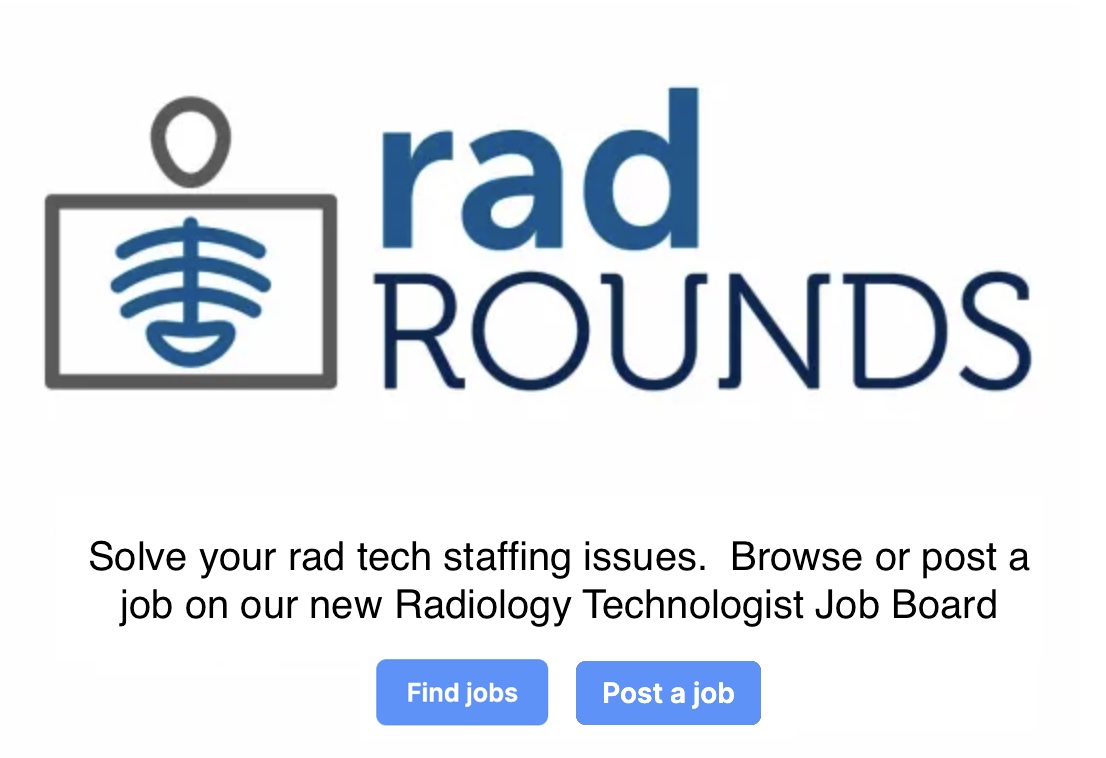Patients who are diagnosed with a 2 percent chance of developing breast cancer are less likely to return for the recommended 6-month scan if they have high out-of-pocket expenses, says a new study published in the Journal of the American College of Radiology.
Researchers from Johns Hopkins’s Department of Radiology studied records of more than 190 women who were given the BI-RADS category 3 assessment between February 1, 2011 and June 30, 2017. They found that 57 percent went to their scheduled follow-up MRI within 10 months, 18 percent received the examination slightly after 10 months, and 24 percent (or 45 patients) didn’t return for their second scan.
The reasons for not going to those recommended appointments were typically high out-of-pocket fees and lack of family breast cancer history. The researchers found no correlation between race, marital status, or living situation and not attending the follow-up. Those who didn’t follow-up were typically billed around $352 whereas those who made the follow-up appointments paid around $83.
“Our data suggest that there may be subsets of patients who would benefit from additional support and resources to help increase their likelihood to follow through with recommended short-interval follow-up,” wrote the researchers. They suggest new methods of encouraging patients to attend their follow-up scan, including automated reminders or more directed communication post-appointment.













